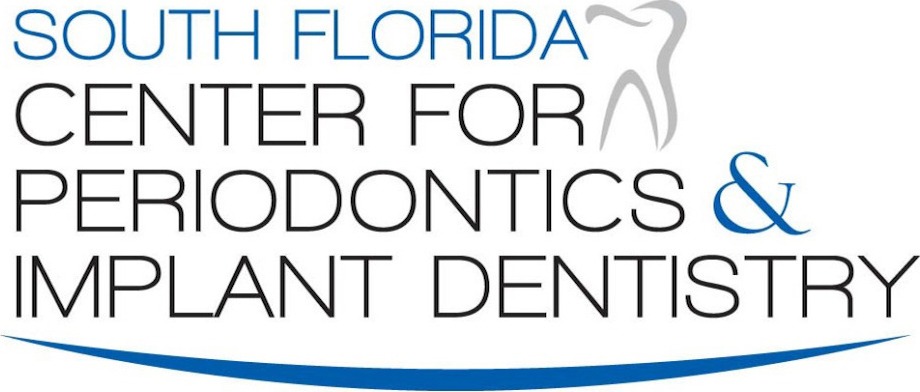Renewing Gum Health With Lasers
May 30th, 2024With our state-of-the-art periodontal (gum) disease treatment, called LANAP® , we utilize an FDA-approved PerioLase MVP-7 laser to treat gum disease. We’ve been using this minimally invasive laser system since 2014 as one of our favorite treatment modalities for gum disease.
How Does Laser Therapy Treat Gum Disease?
LANAP laser therapy utilizes a tiny fiber (about the size of three human hairs) that’s inserted into the “pocket” between your tooth and gum tissue. The laser selectively kills bacteria, targeting gum inflammation without damaging or removing any healthy tissue.
This laser treatment sometimes regenerates new bone and replace the lost tissue that was damaged by advanced gum disease. It’s today’s top minimally invasive means of regenerating gum tissue, with most patients also reporting less discomfort than with some more traditional surgical methods.
Because there’s no cutting or sutures required, there’s only minimal bleeding. With traditional gum surgery, patients who are receiving treatment for gum disease must often stop taking anti-coagulant medications before medical procedures in case of excess bleeding.
With LANAP, we don’t stop any of these medications since post-op bleeding is rarely a concern. In fact, many patients go right back to work and can resume their normal routine after treatment. Another big plus —It’s possible in many cases to treat an entire mouth in just one day. With LANAP’s regenerative qualities, we hope to save failing teeth and prevent the need for additional surgeries.
LAPIP®
Dental implants are not immune to infections similar to periodontal (gum) disease. We are aware that after the investment of time and money to permanently replace missing teeth with implants that patients are unhappy, frustrated and disappointed to learn that they have problems with them.
Using the same laser equipment, we can sometimes treat failing implants (peri-implantitis). LAPIP (laser-assisted peri-implantitis procedure) is a safe protocol that targets infection and is one of the methods we use to allow gum and bone tissue to regrow around otherwise “sick” implants.
If you’ve been told you need surgery for gum disease, contact our office for a consultation to learn if laser treatment may be an alternative means of helping you obtain a healthy new smile.
As always, referrals from other dental or medical specialists are always welcomed, but not required, to make your appointment with one of our skilled professionals.

